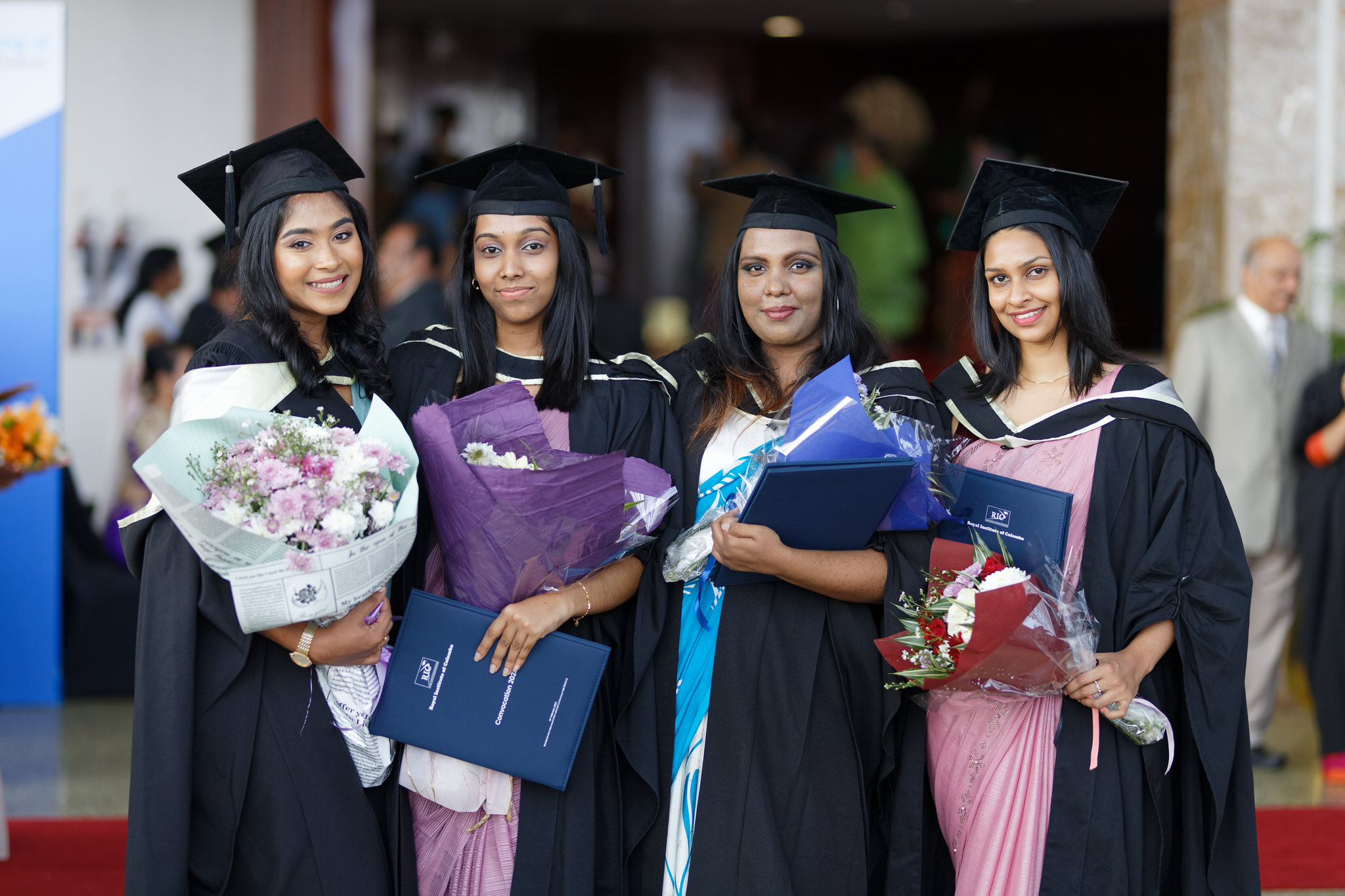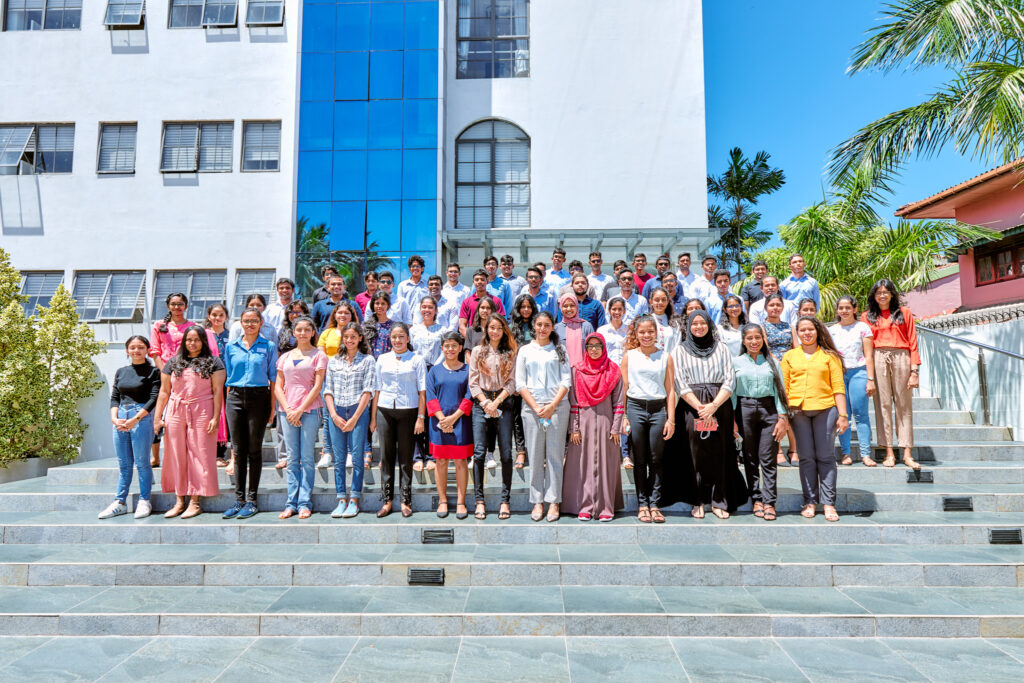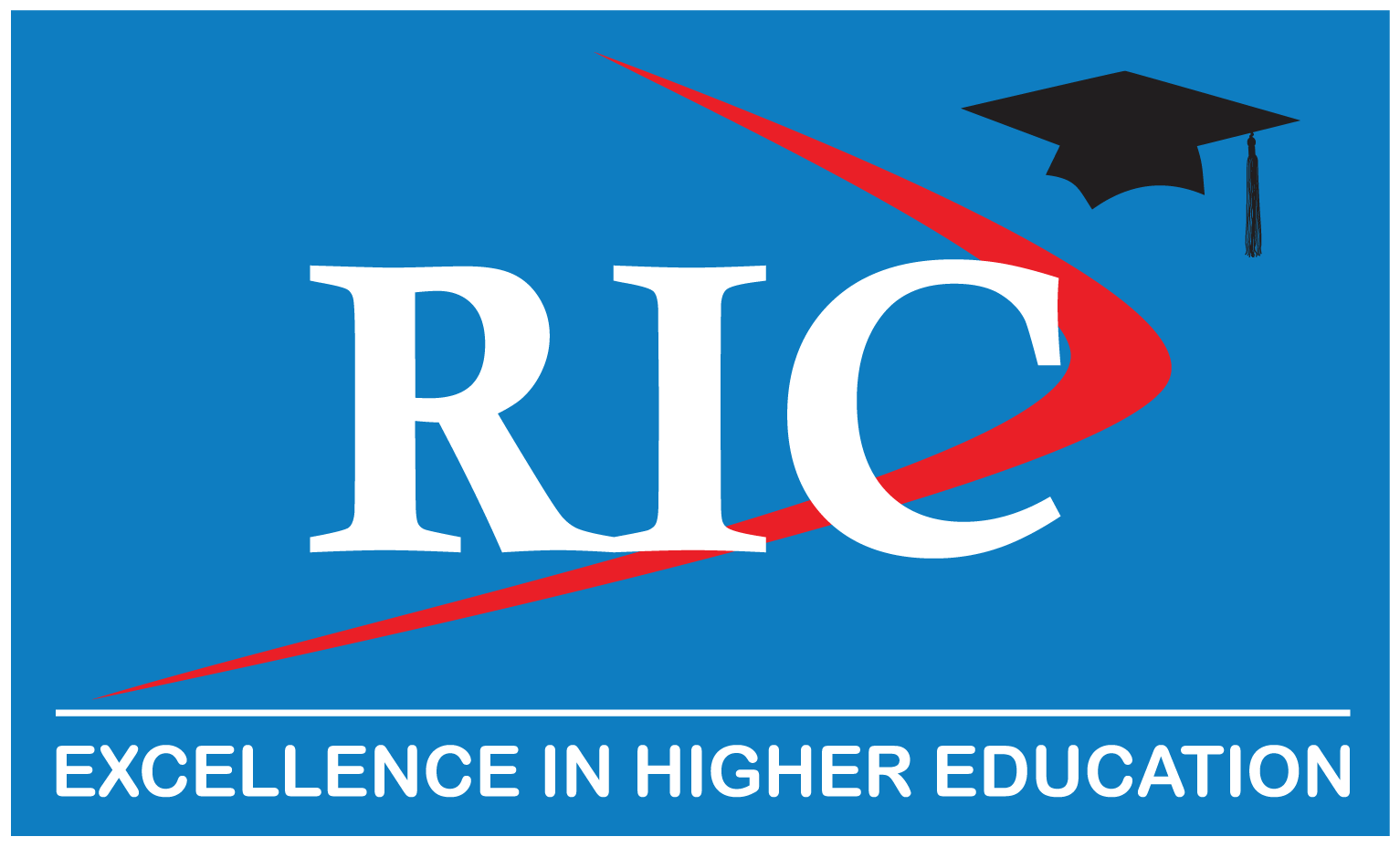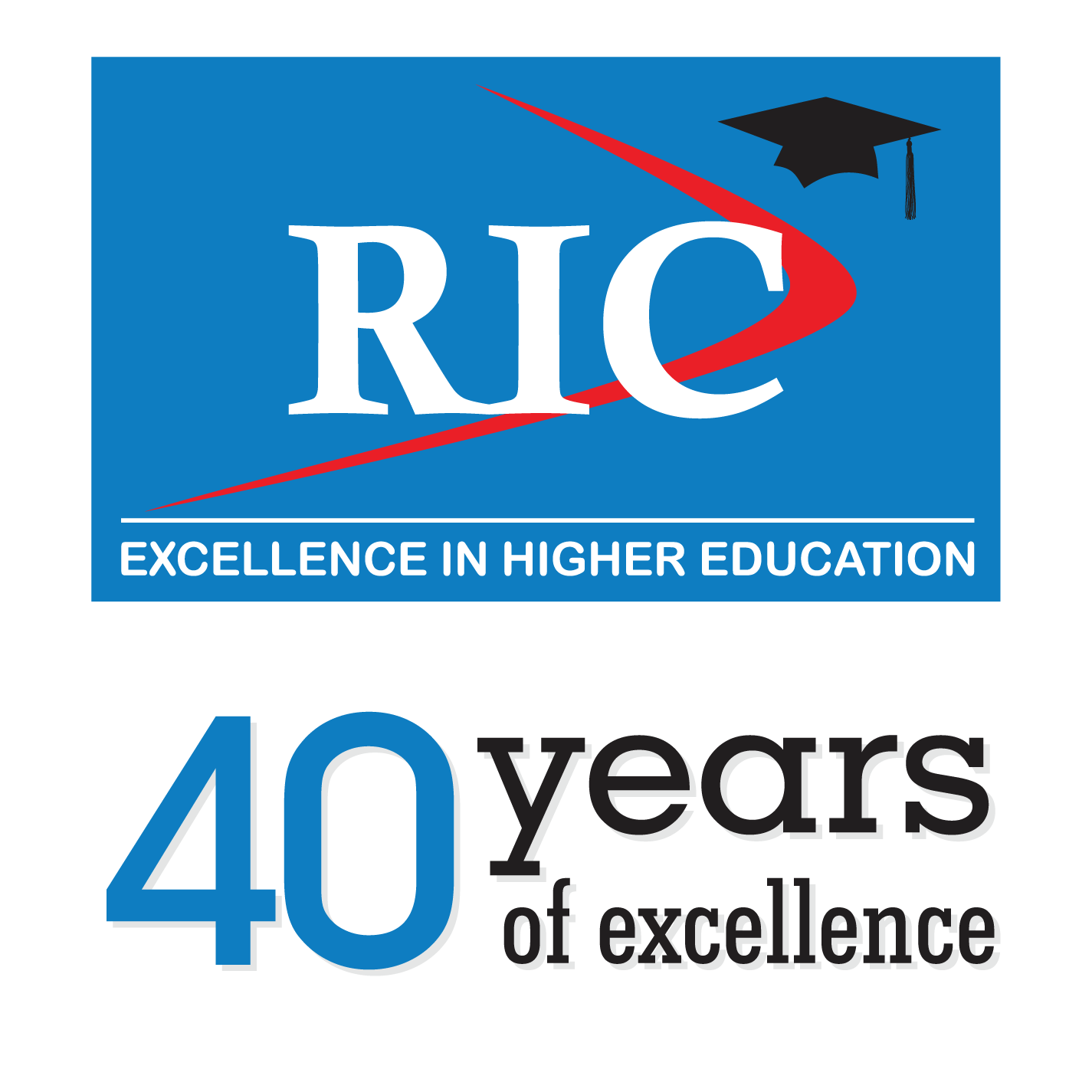
The Light of Education – The Way Beyond Sri Lanka’s Multitude of Challenges
Within the span of a few years, Sri Lanka has weathered multiple crises. From the onset of the Covid-19 pandemic to the economic crisis that continues to grip our people, Sri Lankans have endured a tremendous amount of hardship, driven only by the powerful hope that fortunes must eventually change for the better.
The number of both young and experienced professional Sri Lankans who have sought better opportunities overseas is a strong indication, however, of the growing sentiment that there is no immediate relief for them or their families in the country. Indeed, the near 900,000 passports issued by the Immigration and Emigration Department in 2022 (The Economist, March 2023) reflects the appetite for greener pastures abroad. Domestically, poverty is expected to remain over 25% per World Bank projections and the impacts of inflation continue to affect the most vulnerable in society (World Bank, October 2022).
In this vein, the economic implications of a mass migration of skilled workers from Sri Lanka must also be measured. There is clear concern that the macroeconomic policy malaise that has gripped Sri Lanka over the past many decades has finally culminated in a limited window for economic development, with a heavy weight instead on policymakers to ensure that a ruinous economic collapse does not come to pass.
Education – The Sustainable Way Out
Sri Lankans are aware of the many missed buses that the country did not take in its journey towards economic development and prosperity. What Sri Lanka must strive towards now, however, is creating the space for young students to grapple with the challenges that face them and overcome those concerns for their own future. The only way that Sri Lanka can escape its difficulties in a sustainable manner is to invest in high-quality, world-class education.
This education must revolve around nurturing essential skills, such as critical thinking and problem solving. It needs to be embedded within practicalities and not simple theory. It must also consider the wider context in which Sri Lanka must necessarily operate as part of an interdependent global economic system. Their education must also consider the implications of public policy decisions at both a micro and macro level.
Royal Institute of Colombo (RIC), through its 30+ year affiliation with the University of London, is poised to create a new generation of competent, skilled and dynamic graduates, geared with all the skills necessary to drive Sri Lanka into the future. In particular, RIC is eminently proud of its association with the London School of Economics and Political Science (LSE), who provide academic direction for all the Economics, Management, Finance and Social Sciences (EMFSS) programmes at RIC.
The University of London and LSE are no strangers to high-quality education. The LSE is ranked 3rd in the World for the Social Sciences (QS University Rankings, 2023), and the 2nd in Europe. Academic direction indicates that all assessments, grading and syllabi were produced and conducted through the academics of the LSE, which safeguards the quality and standard of the education received by RIC students.
In an era of multiple economic challenges, students who enroll with RIC are provided many avenues of study pertinent to the field, including:
- BSc (Hons) Economics
- BSc (Hons) Economics and Finance
- BSc (Hons) Economics and Management
- BSc (Hons) Mathematics and Economics
RIC’s Management portfolio also includes BSc (Hons) Business and Management and BSc (Hons) Management and Digital Innovation. Students who wish to pursue Finance and accountancy as specialisations may also consider the BSc (Hons) Accounting and Finance and BSc (Hons) Finance.
Sri Lanka’s challenges cannot be overcome through policy alone, however. Those policies must also be complemented by data driven decisions and wise foreign policy. The BSc (Hons) Data Science and Business Analytics, as well as the BSc (Hons) International Relations are also strong opportunities for students to contribute in a meaningful way to both their careers and the fortunes of the country.
The RIC Advantage
Each of the above degrees are academically rigorous programmes. While the LSE structures these programmes for effective learning, and RIC teaches our students, a complementary advantage lies in the opportunities we provide to our students through the Career Guidance Unit (CGU) of RIC. Students are provided direct opportunities to work under prestigious and reputed companies in Sri Lanka, honing their skills to ensure a smooth transition to a workplace of the future.
It is the culture of academic excellence, and the reward for such excellence, that RIC champions. We produce not just graduates, but the needed citizens for a brighter and more prosperous Sri Lanka. Every RIC graduate has the potential to change our country for the better. In the economic context in which we live in today, their skills become all the more important.




